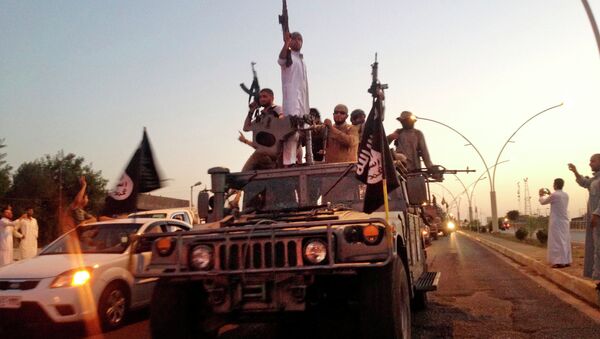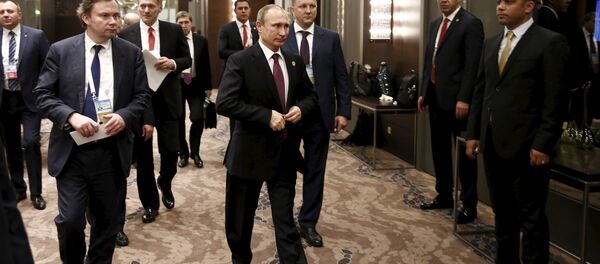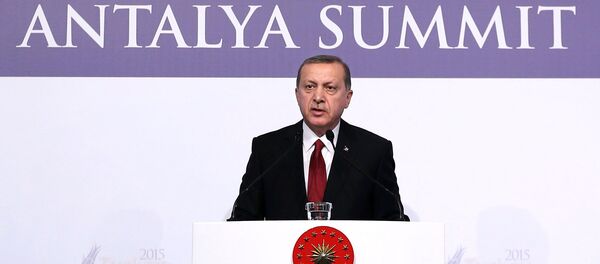US President Barack Obama has "called on all G20 members to do more to combat ISIL at its source, in many different ways, including on the military front, so we certainly see the French understandably take the lead, be more aggressive, [carry out] airstrikes."
Kirton also commented on the possibility of a fault line occurring in the anti-ISIL coalition due to differences between Turkey and the Kurds, who have proven to be some of the most effective fighters against the terrorist group.
"Someone has to get the message through to President Erdogan loud and clear and repeatedly that Turkey is a frontline state as far as ISIS [ISIL] terrorism as concerned; the US is a long way away."
"So that is enemy number one for Turkey, should ISIL be allowed to expand."
Turkish fears that the Kurdish militants may be able to gain legitimacy and gain a foothold in the anti-ISIL coalition are misplaced, said the expert. As a result, Turkey should be able to focus its attentions on fighting ISIL.
Kirton spoke of the complications of providing weapons to so-called 'friendly' anti-Assad forces, a policy being pursued by the US and Saudi Arabia.
"Those with long memories of the Soviet incursion into Afghanistan remember all too well the stinger missiles that had such a deadly effect on Russian air assets there."
"The danger is, as the Americans, through their allies the Saudis, give friendly forces better weaponry, some of them might be sold to ISIS [ISIL], some of them might be captured by ISIS [ISIL] and then ISIL will use them against an array of targets," said the expert, who warned of the possibility of such weaponry being used against Russian planes and planes of the US-led coalition which are conducting airstrikes against the Islamic State.
"So again there is a common danger and a real incentive to try and get a diplomatic solution as quickly as we can."




